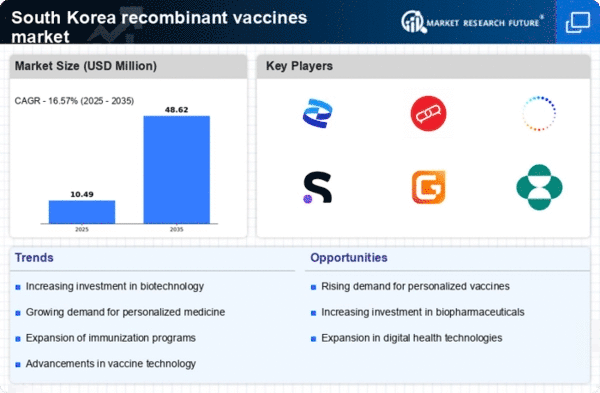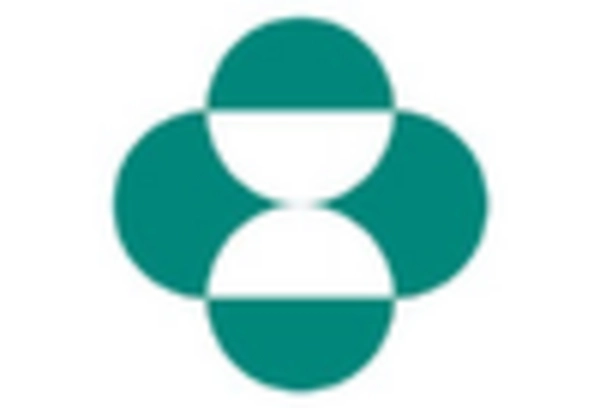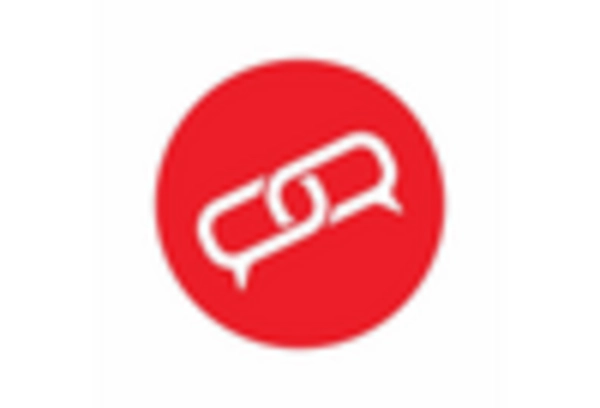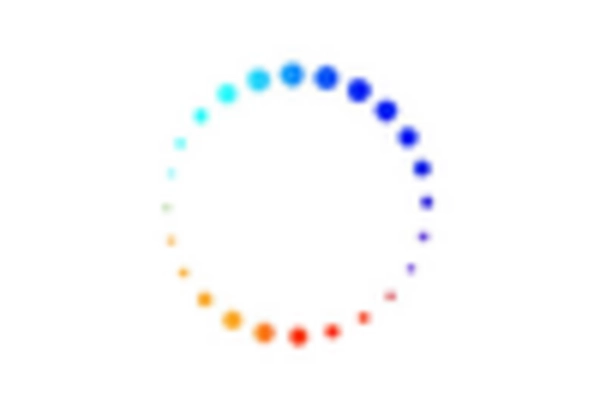Rising Incidence of Infectious Diseases
The rising incidence of infectious diseases in South Korea is a significant driver for the recombinant vaccines market. Recent data indicates that the prevalence of vaccine-preventable diseases has increased, prompting public health authorities to seek effective vaccination solutions. The recombinant vaccines market is particularly well-positioned to address these challenges, as these vaccines can be tailored to target specific pathogens. For example, the emergence of new strains of influenza has led to increased demand for vaccines that can provide broader protection. This trend suggests that the recombinant vaccines market will continue to grow as healthcare providers and policymakers prioritize vaccination as a key strategy in disease prevention.
Growing Demand for Personalized Medicine
The growing demand for personalized medicine is influencing the recombinant vaccines market in South Korea. As healthcare shifts towards more individualized treatment approaches, there is an increasing interest in vaccines that can be tailored to specific patient profiles. This trend is particularly relevant in the context of genetic predispositions to certain diseases. The recombinant vaccines market is well-suited to meet this demand, as these vaccines can be designed to target specific antigens based on individual genetic information. This potential for customization may drive further investment and research in the sector, ultimately leading to a more robust market presence.
Government Support and Funding Initiatives
Government support plays a crucial role in the growth of the recombinant vaccines market in South Korea. The government has implemented various funding initiatives aimed at bolstering vaccine research and development. In recent years, funding has increased significantly, with allocations reaching over $150 million annually for vaccine-related projects. This financial backing not only encourages private sector investment but also fosters collaboration between academic institutions and biotech companies. Such partnerships are essential for accelerating the development of innovative vaccines. Consequently, the recombinant vaccines market is poised for growth, as government support enhances the overall research ecosystem.
Technological Advancements in Vaccine Development
The recombinant vaccines market in South Korea is experiencing a surge due to rapid technological advancements in vaccine development. Innovations in genetic engineering and biotechnology are enabling the creation of more effective and safer vaccines. For instance, the use of recombinant DNA technology allows for the production of vaccines that can elicit stronger immune responses. This is particularly relevant in the context of emerging infectious diseases, where traditional vaccine methods may fall short. The South Korean government has recognized the potential of these technologies, allocating approximately $200 million to support research initiatives in this area. As a result, the recombinant vaccines market is likely to expand, driven by the increasing availability of advanced vaccine candidates.
Increased Collaboration Between Public and Private Sectors
Collaboration between public and private sectors is becoming increasingly vital for the recombinant vaccines market in South Korea. This synergy facilitates the sharing of resources, expertise, and technology, which can significantly enhance vaccine development processes. Public institutions often provide foundational research, while private companies contribute advanced manufacturing capabilities. Recent partnerships have led to the successful development of several recombinant vaccines, demonstrating the effectiveness of this collaborative approach. As these partnerships continue to evolve, the recombinant vaccines market is likely to benefit from accelerated innovation and improved access to vaccines for the population.
















